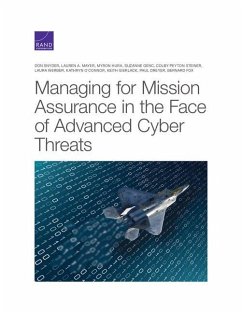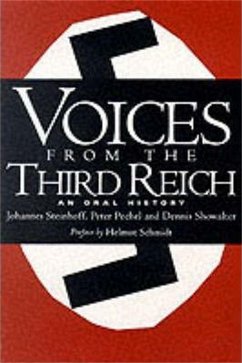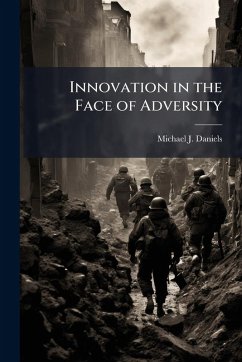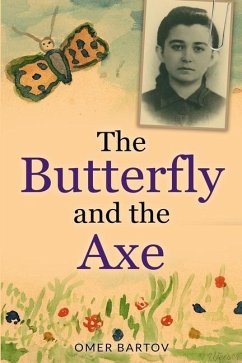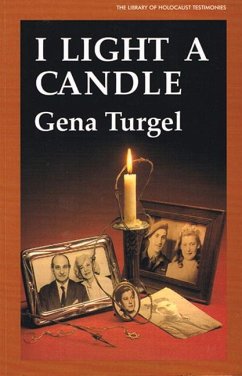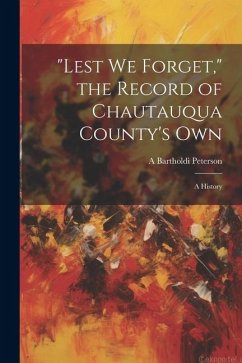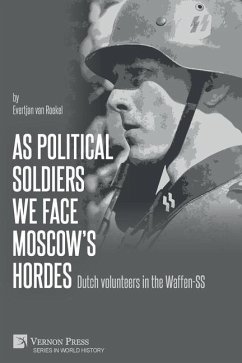
As political soldiers we face Moscow's hordes
Dutch volunteers in the Waffen-SS

PAYBACK Punkte
31 °P sammeln!
During the Second World War, approximately 25,000 Dutchmen served within the ranks of the military branch of the German SS: the Waffen-SS. They volunteered to fight to secure the victory of Nazi Germany. These Dutch volunteers fought mainly on the Eastern Front, and to a lesser extent, within their own national borders. After the war, the Allied victors regarded them as part of a criminal organization and jointly responsible for the atrocious transgressions of the Nazi regime. In the Netherlands, these men were reviled, branded as traitors and became pariahs in their own country. Those who had...
During the Second World War, approximately 25,000 Dutchmen served within the ranks of the military branch of the German SS: the Waffen-SS. They volunteered to fight to secure the victory of Nazi Germany. These Dutch volunteers fought mainly on the Eastern Front, and to a lesser extent, within their own national borders. After the war, the Allied victors regarded them as part of a criminal organization and jointly responsible for the atrocious transgressions of the Nazi regime. In the Netherlands, these men were reviled, branded as traitors and became pariahs in their own country. Those who had devoted themselves to the Nazi regime caused so much grief to the Netherlands that they had to be held accountable. Despite their military achievements, their reputation was damaged forever. The Netherlands supplied the largest contingent of SS soldiers from the occupied North-western European territories. Who were these people? What led them to enlist, and what were the consequences of their choice? An important part of this study involves the autobiographical texts of nineteen Dutch volunteers in the Waffen-SS. These ego-documents recount their own immediate experiences and are mainly fragments from diaries, but there are also letters, individual notes, and memoirs. The ego-documents are placed within the larger historical context to provide an answer to the question of whether these men were only ideologically motivated and unconditional Nazi sympathizers, and for this, their criminal records are also researched. Among other topics, the book discusses their choice to enlist, their experiences at the front, and their involvement in genocide, providing a new perspective on the Eastern Front.





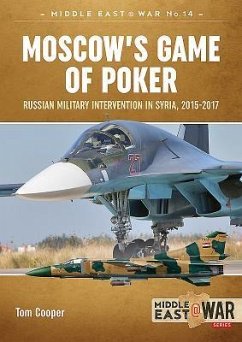
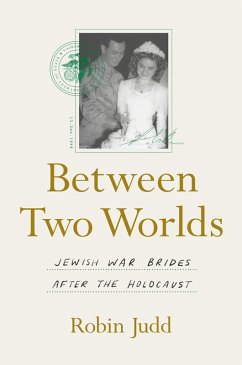
![A Year's Residence in the United States of America; Treating of the Face of the Country, the Climate, the Soil ... [etc.] Cover A Year's Residence in the United States of America; Treating of the Face of the Country, the Climate, the Soil ... [etc.]](https://bilder.buecher.de/produkte/75/75456/75456138n.jpg)
